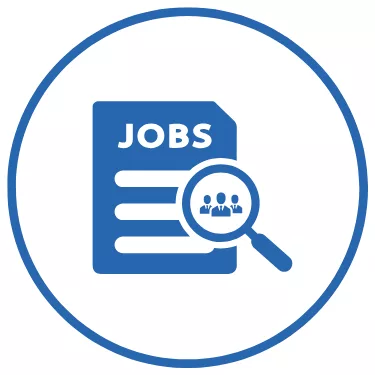AI Engineer Career Information

Career Growth Levels
Entry/Mid/Senior/ Experienced

Average Annual Salary
Approximately $120,000 per year in the United States

Job Growth Outlook
The demand for AI engineers is projected to increase by 23% over the next decade, significantly outpacing the average for all occupations.

Current Job Openings
Varies by region and industry
What is an AI Engineer?
An AI Engineer is a professional responsible for designing, developing, and implementing artificial intelligence systems and applications. They apply principles from software engineering, data science, and machine learning to create intelligent solutions that can perform tasks typically requiring human intelligence.

Primary Responsibilities
Developing and implementing AI models and algorithms.
Collaborating with cross-functional teams to integrate AI solutions into products.
Conducting research to stay updated with the latest AI advancements.
Optimizing AI models for performance and scalability.

Alternative Job Titles
Machine Learning Engineer
Data Scientist
AI Specialist
Education and Certification

Academic Requirements
A bachelor's degree in computer science, data science, or a related field is typically required. Some positions may prefer candidates with a master's degree or relevant work experience.

Professional Certifications
Certified Artificial Intelligence Practitioner (CAIP): Demonstrates proficiency in AI principles and practices.
Microsoft Certified: Azure AI Engineer Associate: Validates expertise in designing and implementing AI solutions on Microsoft Azure.

Continuing Education
Ongoing education is essential to stay updated with evolving technologies, and best practices. Participation in professional development opportunities is often encouraged.
Required Competencies
Technical Skills
Programming Languages: Proficiency in Python, R, Java, or C++.
Machine Learning Frameworks: Experience with TensorFlow, PyTorch, or scikit-learn.
Data Analysis: Strong skills in data manipulation and analysis using tools like Pandas and NumPy.
Professional Skills
Analytical Thinking: Ability to solve complex problems using data-driven approaches.
Communication: Effectively conveying technical concepts to both technical and non-technical stakeholders.
Continuous Learning: Keeping up-to-date with the latest advancements in AI and machine learning.

